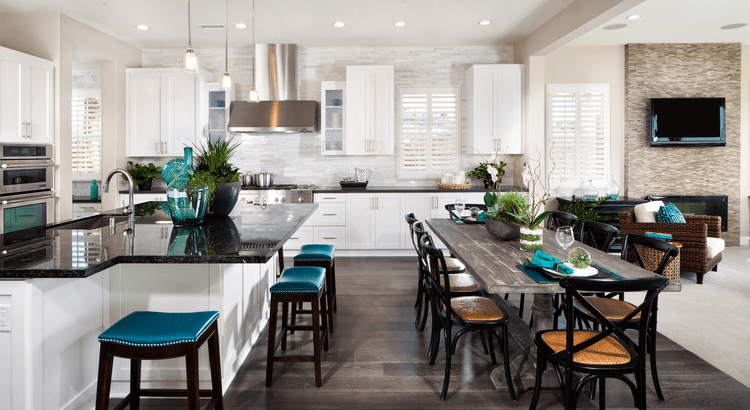13 Factors That Impact Your Mortgage Rate

13 Factors That Impact Your Mortgage Rate
If you tell anyone that you work in the mortgage business, the first question they usually ask is “What’s the rate right now?” To which we usually respond, “Well, that depends.” Most people don’t like getting that answer, but there’s a very good reason for it. Your mortgage rate has many different factors that go into it, making it completely customized to you.
Here are 13 factors that affect almost every borrower’s interest rate:
1. Property Type: Condos, high-rise condos, and multi-unit dwellings (2-4 units) usually have higher interest rates associated with them, as compared to single-family dwellings.
2. Property Use: Investment properties have higher rates than owner-occupied properties
3. Credit Scores: Credit scores significantly affect rates. A borrower with a 750 mid-score might have a rate as much as 1% lower than a borrower with a 670 mid-score
4. Down Payment: The bigger the down payment, the lower the rate, in most cases.
5. Loan Amount: Very small loans (under $150,000 for example) can have higher rates, as can very large jumbo loans (over $3 million for example). In addition, “Low Balance” conforming loans under $548,250 will have lower rates than “High Balance” conforming loans (from $548,250 to $822,375).
6. Loan Type: FHA and VA rates are usually lower than conforming (Fannie/Freddie) rates.
7. Rate Lock Period: Interest rates can be “locked-in” or guaranteed prior to close of escrow for 15, 30, 45, or 60 days in most cases. The longer the lock period, the higher the rate. Many lenders quote rates associated with very short 15 day lock periods, even though most escrows require longer lock periods.
8. Fixed Period/Loan Maturity: The longer a rate stays fixes, the higher the rate. For example, a 7/1 ARM (fixed for seven years) will usually have a lower rate than a 15-year fixed-rate loan, and a 15-year fixed-rate loan will have a lower rate than a 30-year fixed-rate loan.
9. 1st/2nd Combo Loans: Loans with a concurrent 2nd mortgage can have higher rates too, depending on the loan-to-value ratio.
10. Points/Fees: Lenders often have hidden points and fees in their quotes that they are not disclosing up front when they quote just a rate.
11. No Cost Refi’s: “No cost” refinances have higher rates than refinances that have fees built-in. This is because lenders have to charge higher rates for a “no cost” loan in order to generate enough extra “commission” to be able to pay for closing costs on behalf of borrowers.
12. Cash Out Refi’s: When refinancing borrowers increase their loan amounts in order to pull “cash out” against their home, rates are usually higher depending on the “loan to value” ratio.
13. Reserves: Reserves are liquid funds left over after close, and they significantly influence interest rates because the most competitive jumbo lenders typically require ample reserves, e.g. 12 months of mortgage payments for all properties after close of escrow. This is significant because the best jumbo lenders sometimes offer rates that are as much as ½% lower than conforming (Fannie/Freddie Rates).
If several of the above factors work in tandem, the rate can be significantly affected. For example, if a buyer with a 690 credit score is buying a high-rise condo with 5% down and a high balance loan, their interest rate might be 1% to 2% higher than the rate would be if they were buying a single-family residence with 25% down, a 750 credit score, and a low balance loan.
Discover more articles.
Stay informed with more of our informative blog posts.


.png)
.png)
